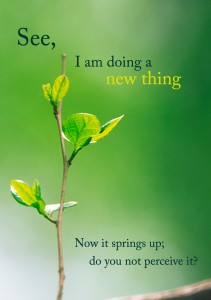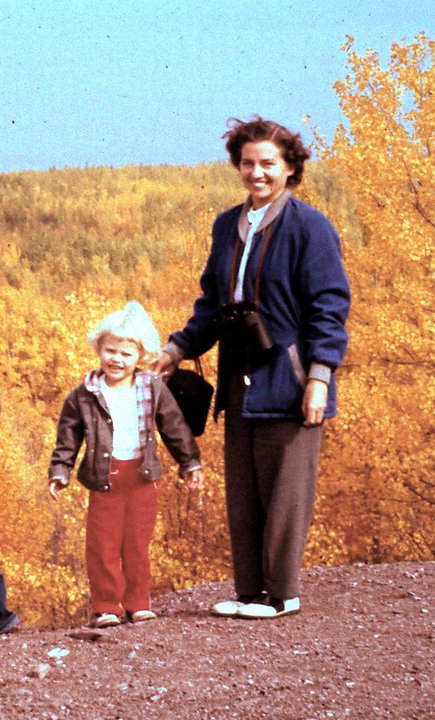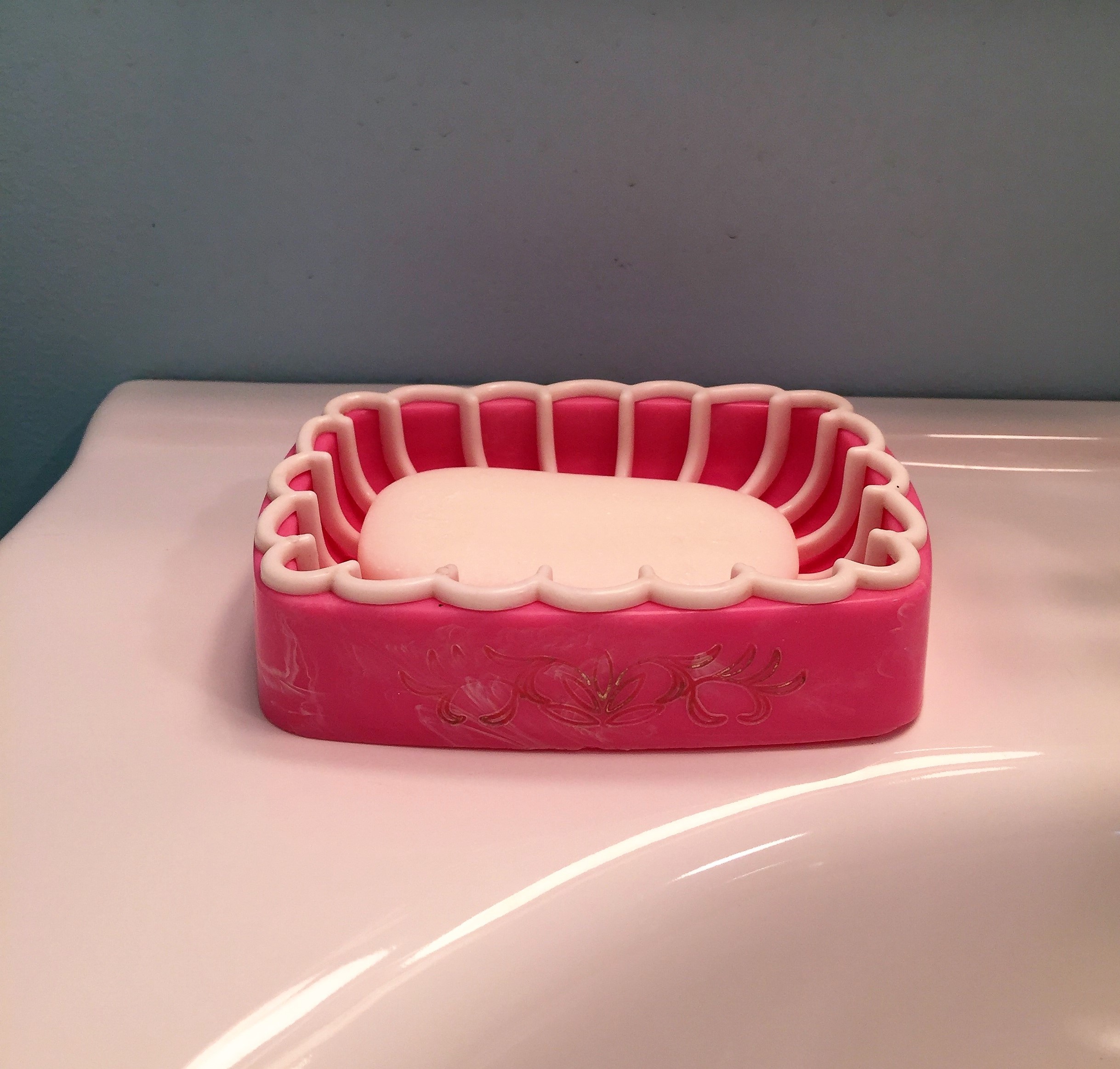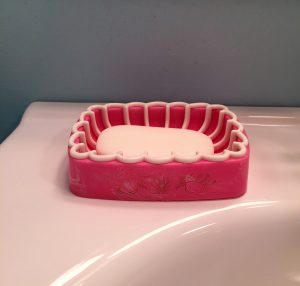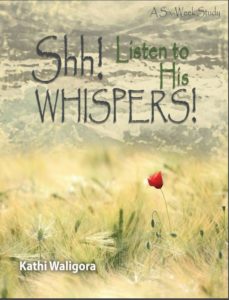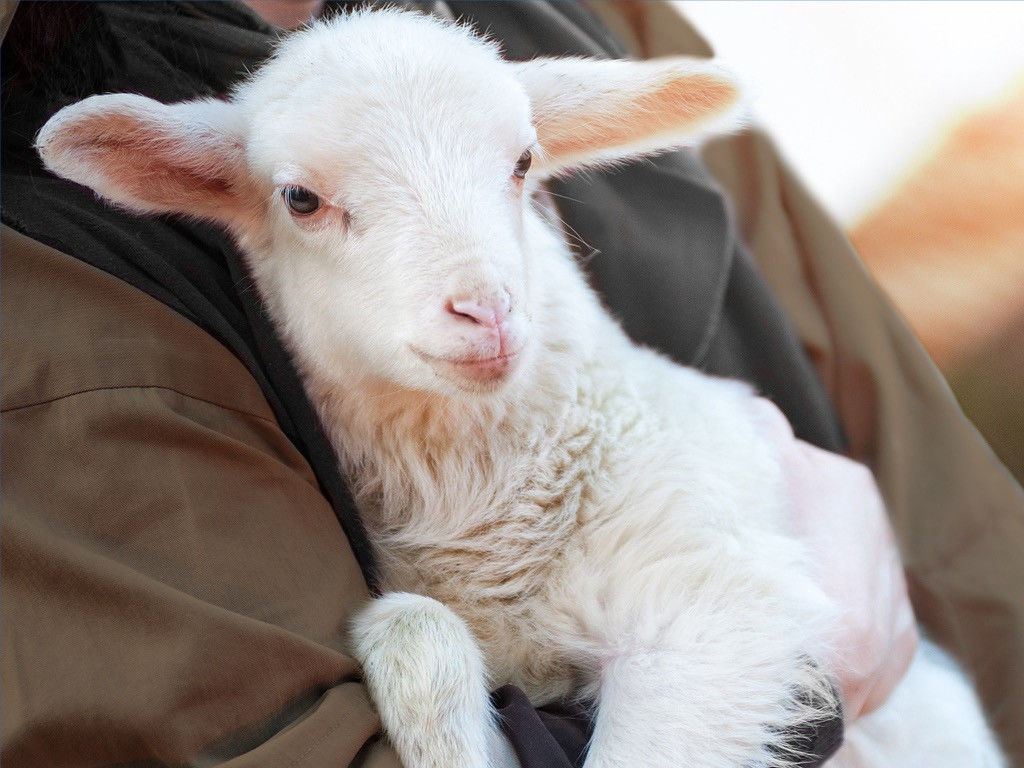Our family – all 20 of them – had plans right through the actual Christmas Day, so we celebrated our big family Christmas with them all that first weekend of December. It was a short season of lights, trees, and nativity scenes for us this year! On the Monday after that first weekend, I packed away all the Christmas decorations in tubs and containers, then securely placed all in their 11-month “storage units” on shelves. So by the middle of the first week of December, Ron and I were in the car, “packed to the hilt” with food, swimsuits, summer clothes, and all my writing materials, and headed south to our little Florida home near the warm Gulf waters, for the winter.
I must say it was “odd.” We sped along the highways, passing thousands of homes, brightly decorated inside and out, knowing our own Michigan home was now dark and cold; the upcoming Christmas Day, too, now seemed dark and cold because our family Christmas was past. Yes, it was “odd.”
The trip, our drive of typically 18-20 hours, was long and tiring. The outdoor temperatures rose as we neared our destination, but our physical strength diminished, weary from it all. Those last hours especially were the darkest of the year. Nearing winter solstice. The atmosphere clouded. No moon in sight. Finally, after midnight, we turned onto the dark, narrow street in our little quiet neighborhood, leading to our little Florida home. And there it was: a light in the darkness.
Kathy, a caring neighbor and friend, had left the outside light on for us. It was a welcomed sight! A light to lead us to the door, to welcome us home.
We entered our home, relieved and thankful.
I quickly but carefully stepped through the darkened rooms, moving toward the back of the house, being drawn by yet another light – this one of various colors.
 There, through the glass of the back door, leading to our small back yard, my eyes gazed upon another light in the midst of this dark night, this one strategically lit by our neighbor, Donna, also intended to welcome us home.
There, through the glass of the back door, leading to our small back yard, my eyes gazed upon another light in the midst of this dark night, this one strategically lit by our neighbor, Donna, also intended to welcome us home.
The kindness of our neighbors reminded me of the graciousness of our Savior. Jesus said, “I have come into the world as a light, so that no one who believes in me should stay in darkness.” (1)
The Gospel writer says, “In Jesus is life, and that life is the light of men. The light shines in the darkness, but the darkness has not understood it.” (2)
I understand it.
Jesus said, “I am the Light of the World. Whoever follows me will never walk in darkness but will have the light of life.” (3)
I understand it. I no longer walk in darkness because I am a follower of Jesus Christ!
When we accept Jesus Christ as Savior, His light exposes the truth that our sins have been completely removed. The Light, which is His presence, give us grace and hope we need in this darkened world.
Yes, I understand it. Do you?
Come out of the darkness, my friend. Come into the Light!
Click here to understand how to become a Christ follower.
1) John 12:46
2) John 1:4,5
(3) John 8:12




